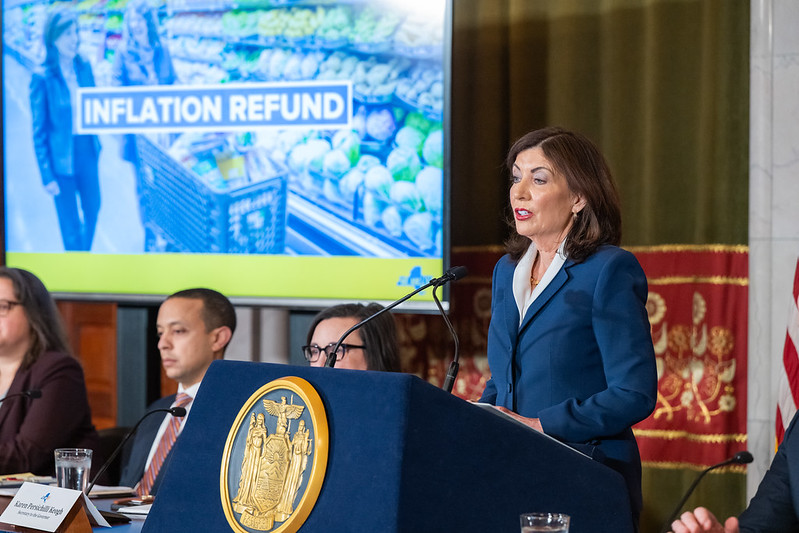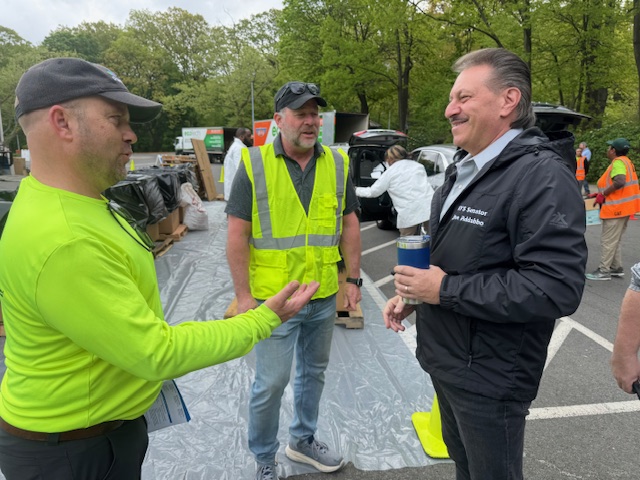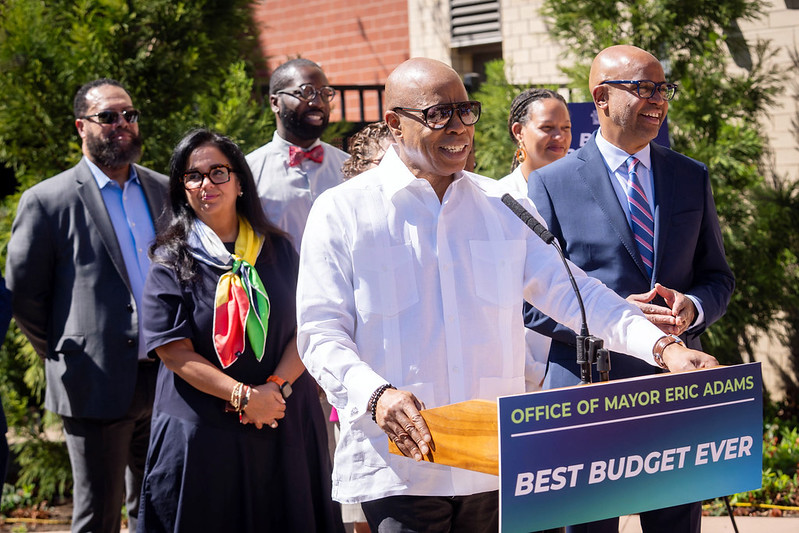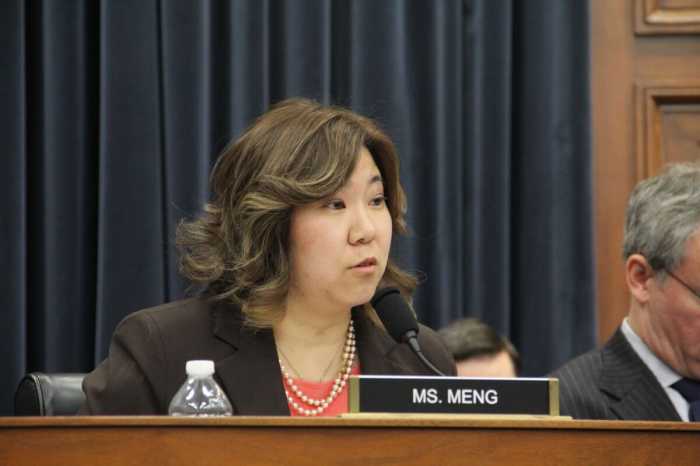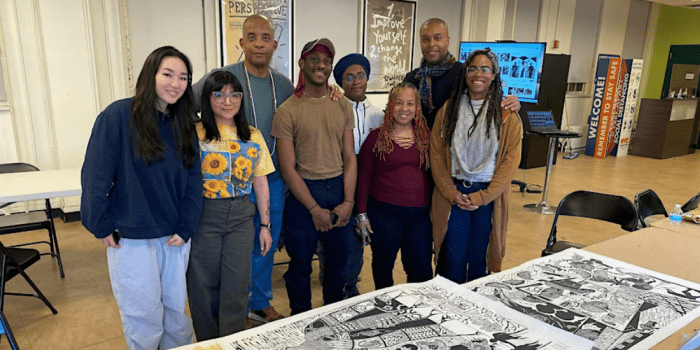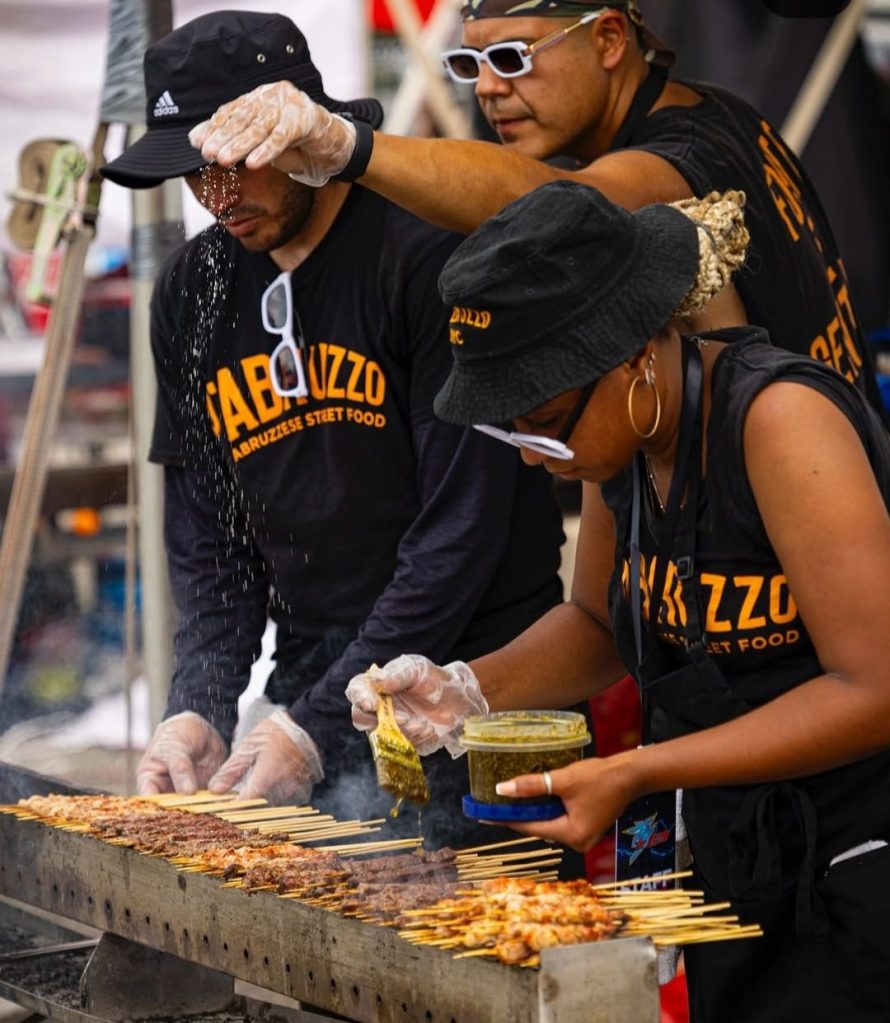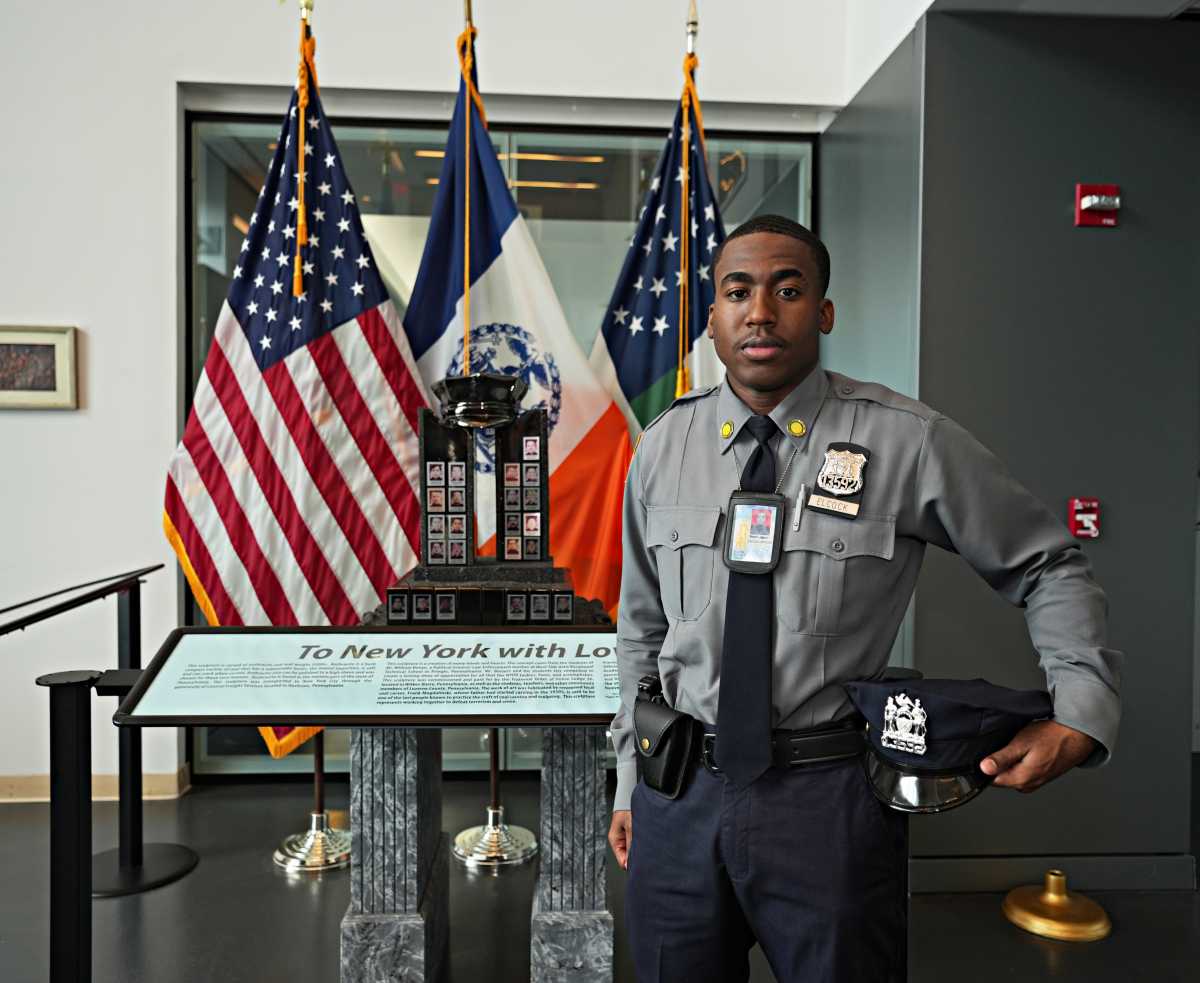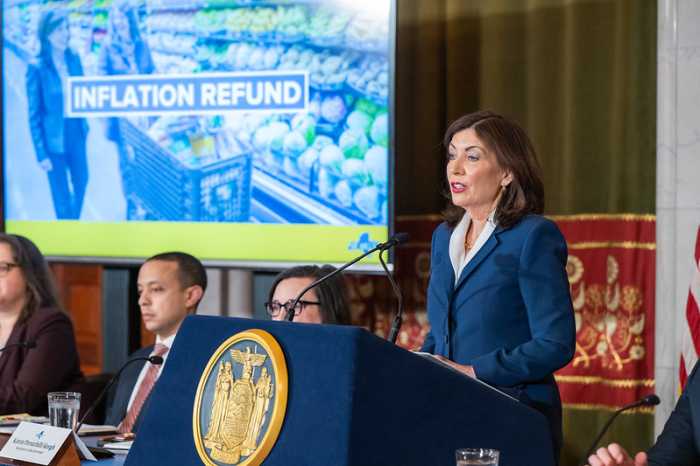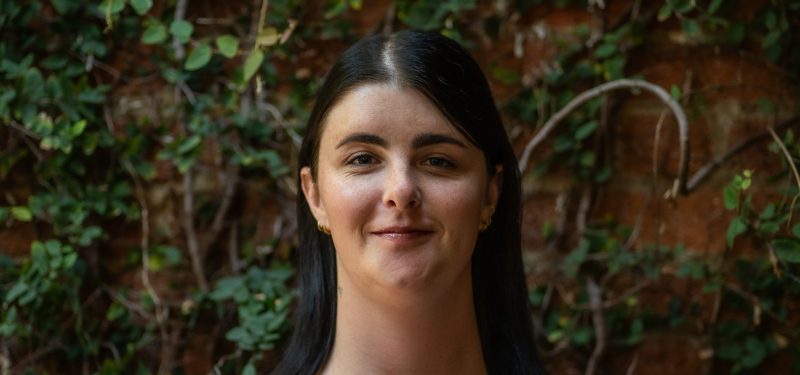By Bill Parry
The image of 3-year-old Syrian refugee Aylan Kurdi lying face down and dead in the surf at a Turkish beach resort is now seared on the world’s conscience, a tragic symbol of a massive worldwide displacement of population. Wars, conflict and persecution have forced more than 60 million people, more than at any time since 1949 when the U.N. High Commissioner for Refugees began keeping records, to flee their homes and seek refuge and safety elsewhere, according to a report from the U.N. refugee agency.
Globally, one in every 10 humans is now either a refugee, internally displaced, or seeking asylum. If this were the population of a country, it would be the world’s 24th biggest.
“It’s the most displaced since World War II,” Refugee and Immigrant Fund Program Manager Ellie Alter said. “We’re glad people are talking about it, but people don’t have a choice but to open their eyes and ears to what’s happening. The situation is dire.”
Refugee and Immigrant Fund is an Astoria-based non-profit founded by longtime Doctors Without Borders consultant Maria Blacque-Belair. After a decade working in different war zones and humanitarian crises around the world, Blacque-Belaire decided to specialize in war trauma and went to NYU to study social work.
She then went to work for Safe Horizon, a community-based organization in Jackson Heights, in a program called Solace, for survivors of torture. “While I was there, I realized that there was a lot of asylum seekers coming to the country, and to New York especially, but there was no sort of entry point for them,” Blacque-Belaire said.
And so she started RIF in the summer of 2007 in the garage of her own home at 32-13 37th St. in Astoria.
“It started as an asylum orientation center,” Blacque-Belaire said. “We gave clients individual orientations and information about the asylum process, because it’s very complex and difficult to understand, so we tried to make it user friendly. People would come and we just sat with them and gave them a certain road map of what they needed to do.”
RIF provides references for pro bono lawyers and forensic psychological evaluations for the immigration court and psychological counseling.
“People are usually very upset and traumatized and they need to have someone to talk to,” she said.
They came from Africa, Pakistan, Central and South America, Cuba and Haiti.
“Many are doctors, lawyers and engineers, but cultural differences don’t allow them to assimilate to the American job environment,” Alter said. “Many of them endured torture and suffered psychological effects. We’ve had some women who were traumatized by genital mutilation.”
On a 2010 visit to the Brooklyn Grange, the world’s largest rooftop soil farm atop the Standard Motor Parts building, located at 32-13 37th St. in Long Island City, Blacque-Belaire was inspired by what she saw. She approached the founder and creator of the farm, Ben Flanner, and they developed a new program for the asylum seekers.
“The idea at the beginning was really to have RIF’s clients go there mostly for therapeutic purposes,” Blacque-Belaire said. “To have an outdoor space, a friendly space, a way to be productive and think about something other than the stress of the asylum process, which is horrible. That’s how it started.”
Now it is called the Urban Farm Project. Each season 10 to 15 asylum seekers take part in a paid fellowship in Urban Agriculture, learning as they farm.
“They think at the beginning it’s a little crazy, especially when they come in March and it’s still snowing,” Blacque-Belaire said. “Over time they begin to take it more seriously and actually start to realize that it’s a really interesting place.”
Alter sees them change over time.
“Sometimes it reminds them of home just the smell of the soil,” she said. “Day after day of farming, good conversation, peace of mind, it all provides psychological healing. By the end of the season it feels like family, you bond over food.”
The clients learn farming and other job skills and they become more fluent in English.
“Many find employment because of the connections made at Brooklyn Grange,” Alter said. “Many of them come back to give talks at our monthly support groups, they share their success stories to empower the current group. It’s really become quite a network.”
RIF graduate Sikinika was granted asylum this year after fleeing to the United Stats in 2012 after her family was murdered in Haiti. Without asylum she was not allowed to work and sat around her Queens Village home “bored without anything to do” until African Services recommended the Urban Farm Project.
“It was a great experience meeting people from other countries and cultures,” said Sikinika, a name she has adopted. “They taught me how to farm and after graduation Maria recommended me for my first full-time job at Whole Foods.”
Now 27, Sikinika works in healthcare assisting patients with special needs. She was a nurse back in Haiti serving in the obstetrics unit and she is studying for her nurse’s license.
RIF has had nearly 1,000 clients since opening in 2007.
The mass exodus of refugees pouring into Europe in recent weeks is fueled by Syrians, with more than 4 million having fled during their nearly five-year-old civil war. In that time the United States has taken in only 1,500 Syrian refugees.
That’s about to change.
International Rescue Committee President David Miliband called on the U.S. government to resettle 65,000 Syrian refugees before the end of 2016. State Department officials said the United States would likely accept 5,000 to 8,000 refugees from Syria by the end of 2016.
Blacque-Belaire does not expect an influx of Syrian refugees in the Middle Eastern neighborhoods in western Queens, however.
“I frankly don’t think they’ll be settled in New York because recently most resettled refugees are sent to cheaper states such as Vermont and Maine,” she said.
Syrian refugees are vetted in Jordan or Turkey in a lengthy process and they are then channeled to come to the United States through agencies such as Catholic Charities whose job it is to house them and find them jobs.
“The Syrians who will be coming will be helped by designated resettlement agencies, but if any Syrians manage to come on their own, we will welcome them and help them to legalize and establish themselves in New York.”
Reach reporter Bill Parry by e-mail at bparr

